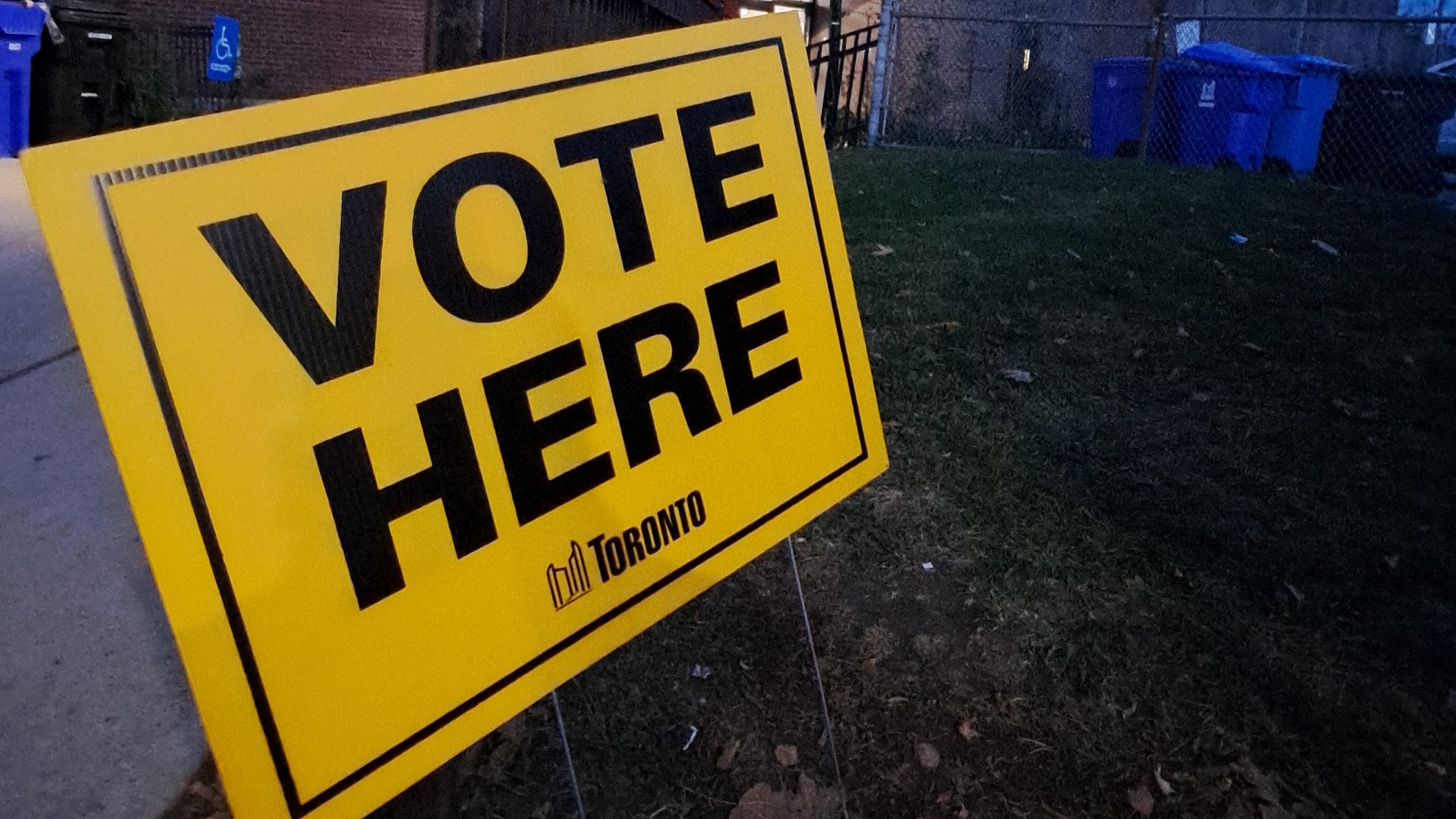The number of Canadians thinking foreign interference may influence election results has increased from 2021 to 2023, but still, the vast majority think the electoral process is safe, a report shows.
In the survey Trust in Elections published last year by the Environics Institute, the number of people thinking that foreign countries may sometimes influence electoral outcomes in Canada rose to 66 per cent in 2023 from 56 per cent in 2021, while those saying this never happens has equally dropped by 10 per cent points, to 15 per cent.
The survey of 2,500 Canadians aged 18 and over between July 20 and August 4, 2023, showed a slight decrease in the election trust, to 89 per cent last year from 93 per cent in 2021, a number almost similar to that from 2017 and 2019, but higher than in 2014, when it was 78 per cent.
Andrew Parkin, the executive director of the Environics Institute, said the recent focus on the public inquiry on foreign interference has not undermined public trust in the electoral system.
“There’s a growing awareness that interference can be an issue, but I don’t think that’s translated at this point into a sort of wider perception that there’s actually a problem with the election results,” he said.
A Leger-Canadian Press survey published last year showed that 72 per cent of 1,544 Canadians who responded between March 10 and 12, 2023, support an independent inquiry into the allegations of foreign interference.
Parkin said that there’s an inquiry going on the issue that can have as much of a positive as a negative effect on the public perception of how elections work.
“On one hand, the commission is attracting attention, so more Canadians are aware that there could be a problem,” he said. “On the other hand, I think there’s some expectation that the problem is being addressed, so that doesn’t mean that they end up feeling that election results are not trustworthy.”
Laura Stephenson, a political science professor at Western University, said the Canadian population experiences a disconnect between institutions and politics and how they feel about them.
“On one hand, people keep saying Canada’s democracy is healthy, while on the other, people feel hate and frustration,” she said. “At some point, that’s going to have to mix together.
“Maybe people are expressing temporary dislike for various aspects of the political process or they’re just exaggerating their negative feelings, but I think there’s a disconnect, and anytime there’s one, it’s a little concerning,” Stephenson said.
The Leger survey also highlighted the difference between Canada and the United States in people’s opinions on the electoral system and the trust in the election results in their countries.
The survey shows that 71 per cent of Canadians consider their electoral system safe, while 63 per cent of 1,007 Americans who responded think the same about theirs.
The survey indicated 69 per cent of Canadians are generally trusting of election results, while only 57 per cent of Americans believe that. The percentage of those not generally trusting is lower in Canada than in its southern neighbour, with 20 per cent for the former and 30 per cent for the latter.
Eric Merkley, a political science assistant professor at the University of Toronto, said even if the number of those who distrust Elections Canada and the Canadian electoral system is very low, there might be some changes.
“We are exposed to a lot of U.S. information, and the higher skepticism in electoral agencies present in the U.S., especially among Republicans, might be spilling over to some degree in Canada,” he said.
“Data show that conservatives in Canada, for instance, are more wary of mail-in voting compared to other partisan groups, so that might reflect some spillover from the U.S.,” Merkley said. “All told, though, trust is very high in Canada. It’s much higher than lots of other government institutions. So, to me, it’s a pretty good news story.”

